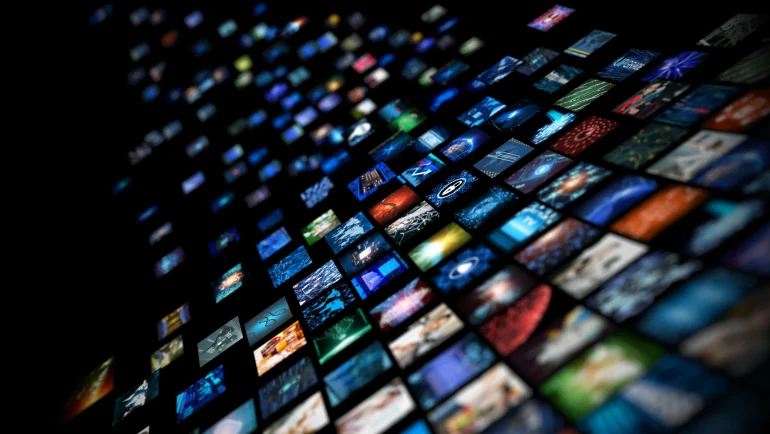IPTV (Internet Protocol Television) has emerged as a strong contender to traditional cable and satellite TV. With its ability to stream content over the internet, IPTV offers greater flexibility, affordability, and customization. However, like any technology, it has its advantages and drawbacks. This article explores whether IPTV subscriptions are truly the future of television by analyzing their pros and cons.
What is IPTV?

IPTV delivers television content through broadband internet instead of traditional broadcast or satellite signals. It provides access to live channels, on-demand programming, and even time-shifted viewing, where users can pause or rewind live TV. Unlike cable, which requires specific hardware, IPTV is accessible on various devices, including smart TVs, smartphones, tablets, and laptops.
Pros of Subscriptions
1. Flexibility
IPTV offers unparalleled flexibility, allowing viewers to watch content whenever and wherever they want. You can stream on multiple devices, making it ideal for modern households with diverse viewing habits.
- On-Demand Access: Choose what to watch without relying on fixed schedules.
- Mobile Streaming: Enjoy shows and movies on the go.
Also, you will enjoy the highest flexibility and best quality when you select a well-known and safe digital service. So always go for those that are popular, such as Nordic IPTV or similar options available in your location.
2. Cost-Effectiveness
Compared to traditional cable, IPTV subscriptions are often more affordable. Users can customize their plans, paying only for the channels and features they want.
- No Equipment Fees: IPTV eliminates the need for costly set-top boxes.
- Scalable Plans: Choose from basic packages or premium options to suit your budget.
3. Broad Content Variety

IPTV platforms often feature extensive content libraries, including live channels, on-demand movies, and international programming.
- Global Reach: Access channels and shows from around the world.
- Exclusive Content: Many IPTV services offer original series and films unavailable on cable.
This diversity ensures there is something for every viewer.
Cons of Subscriptions
1. Internet Dependency
One of the main limitations of IPTV is its reliance on a stable internet connection. Slow or unreliable connections can lead to buffering, reduced quality, or interruptions.
- Speed Requirements: At least 15 Mbps is recommended for HD streaming and 25 Mbps for 4K.
- Data Caps: Heavy streaming can consume significant bandwidth, leading to additional charges.
2. Legal Risks with Unlicensed Providers

Not all IPTV services operate legally. Unlicensed platforms may offer cheaper subscriptions but can pose security risks or lead to legal complications.
- Security Concerns: Unverified providers may expose users to malware.
- Legal Consequences: Using unauthorized services could result in fines.
3. Fragmented Content
While IPTV offers a variety of content, not all platforms have comprehensive libraries. Users may need to subscribe to multiple services to access their favorite channels or shows, which can increase costs.
Conclusion
IPTV subscriptions provide a modern, flexible, and often cost-effective way to consume television. While challenges like internet dependency and fragmented content exist, its advantages make it a promising contender for the future of TV.

